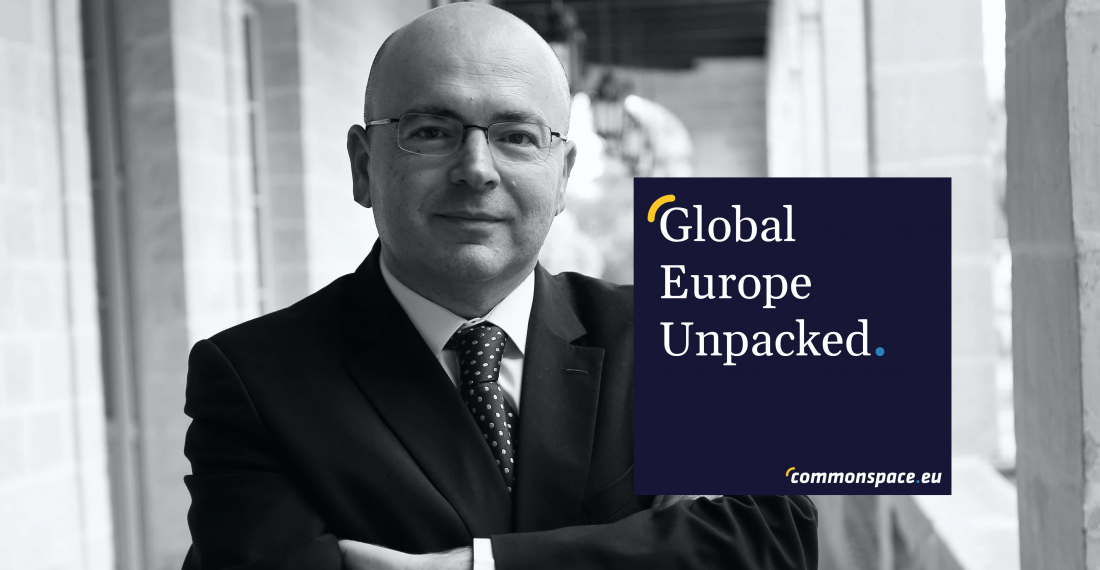"We are hoping that enough concrete proposals will be found to improve the way in which the EU works and then those ideas can be taken onboard by the institutions and the members states"
[The podcast is also available on all of the usual channels, including Apple Podcasts, Spotify and Google Podcasts]
At the end of 2019, the European Parliament and European Commission put forward a proposal for a 'Conference on the Future of Europe'. In it, they envisaged a discussion that would bring together the three legislative institutions of the European Union – the Parliament, the Commission and the Council – for a broad consultation process with the participation of the EU member-states, experts and civil society (including academia, think tanks, professional unions and organisations) and citizens.
The conference was to last for two years, and include discussions of all the issues facing the European Union with a view to making it more united and sovereign. These were to include the fight against climate change and environmental challenges, an economy that works for people, social fairness and equality, Europe's digital transformation, promoting our European values, strengthening the EU's voice in the world, as well as shoring up the Union's democratic foundations. But one year on, where do we stand with this?
In this episode of Global Europe Unpacked, I speak to Robert Micallef, a co-chair of the European Network of Political Foundations' working group on the future of Europe, about:
- where the initiative came from and what it intends to achieve;
- when and how we will see the conference come to fruition;
- whether we are likely to see real change coming out of the conference; and
- how European citizens can make the most of this rare opportunity to speak directly to their leaders and ensure that their voices are heard.
The podcast can also be heard on Radio GIPA FM 94.3 in Tbilisi, Georgia.






